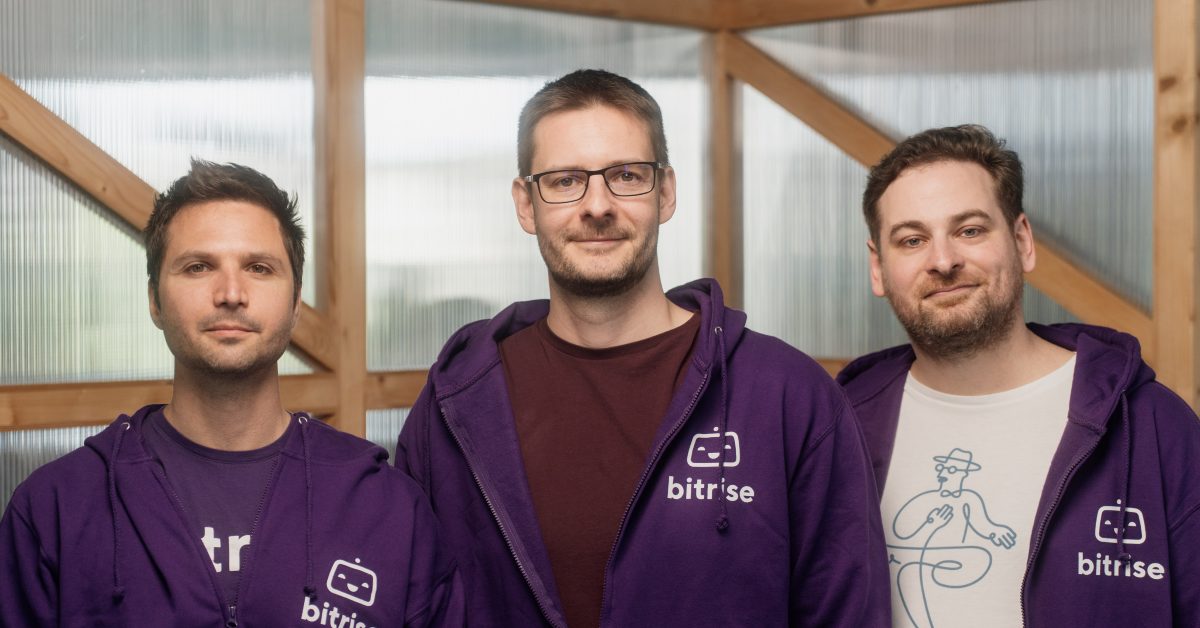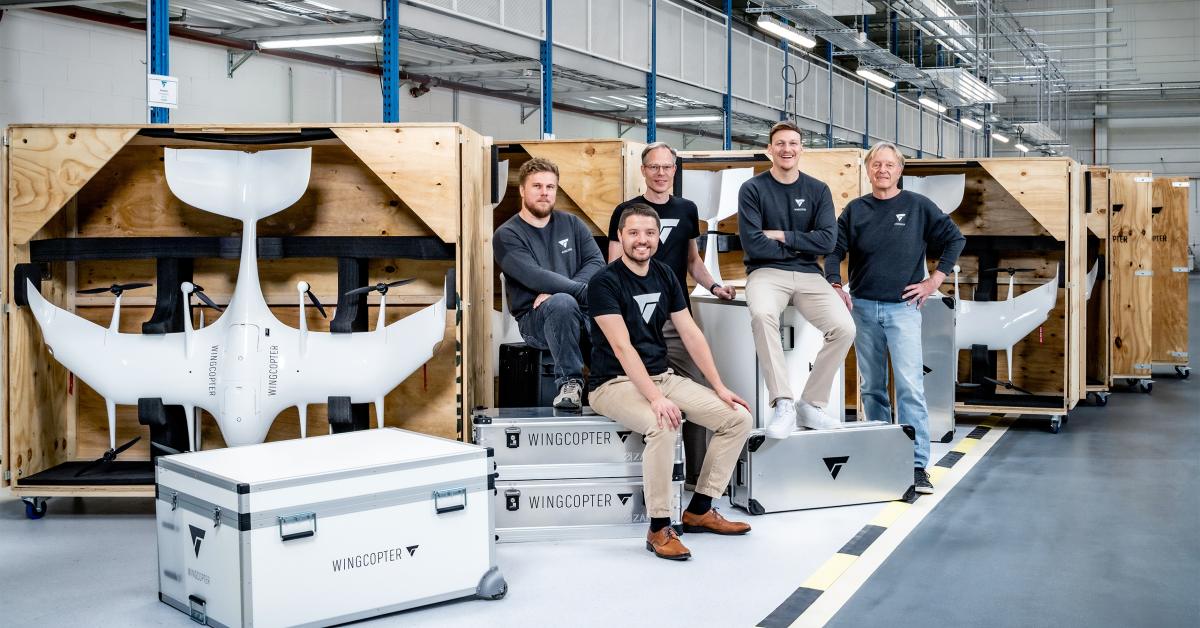Considering the eye-popping salaries on offer for AI roles, you’d be forgiven for assuming that competitive salaries are the primary lure for top talent.
However, a new McKinsey report reveals a different narrative. It shows that AI-skilled workers, particularly those engaged heavily with generative AI, are prioritising workplace flexibility and meaningful work over monetary compensation.
This shift in priorities underscores a growing demand for a more holistic approach to employment, where work-life balance and personal fulfilment matter more than money, a trend accelerated by the global COVID-19 pandemic.
3 AI-skilled jobs hiring right now
- Senior Client Delivery Lead (H/F), Octopus Energy Group, Paris
- Software Developer AI/ML (m/w/d), Collective Mind AG, Leonberg
- Product Owner Gen AI Analytics (m/w/d), Rewe Group, Köln
The survey of 9,684 employees found that 51% of self-identified generative AI creators and heavy users are planning to leave their place of work in the next three to six months.
The key reasons? A lack of workplace flexibility, and a search for more meaningful work, as support for health and wellbeing.
Flexibility factor
The survey’s findings indicate that flexibility is the most significant factor influencing AI workers’ decisions to stay in their roles – a substantial 40% of respondents identified workplace flexibility as one of their top three engagement factors.
These workers are looking for employers who trust them to manage their time and deliver results, regardless of their physical location or hours logged.
Meaningful work was next (with 33%), followed by support for employee health and wellbeing (31%) and a safe working environment (29%).
This makes sense as the high-pressure environment often associated with AI, and the ever-changing technology and regulations, can lead to stress and burnout, making mental health and wellness support especially important.
Career development came in as a priority for 27%, as did having reliable and supportive people at work.
Way down the list comes adequate compensation, which came in as a top three priority for less than a quarter of AI workers (23%), alongside inspiring leaders.
Employers v employees
The disconnect is real. News reports are regularly peppered with CEOs quotes from companies, including Dell, JP Morgan, Wayfair, Boeing and UPS espousing the virtues of in-office working.
And according to a KPMG survey, 64% of worldwide CEOs think that by the end of 2026, there will be a complete return to the office, and hybrid and remote working models will be abandoned. Employees disagree.
As employers and employees continue to bang heads on return-to-office mandates, multiple studies and surveys indicate that productivity and morale both improve with flexible working.
A recent survey from project messaging tool Slack of 1,000 desk workers found that 80% believe flexible work arrangements increase their productivity, and 74% think it will help the growth of their organisation.
“Said” and “believe” are all well and good, but what about hard data? Well, a study by Boston Consulting Group and Scoop Technologies, which analysed data from 554 public companies across 20 sectors, found that organisations with generous remote work policies perform better when it comes to revenue growth.
The academics agree too. A recent University of Pittsburgh study analysed S&P 500 firms that publicly announced return-to-office (RTO) policies, and investigated if mandates affected both the financial performance of the company and employee wellbeing.
It found that despite many CEOs insisting employee productivity is lower at home, there was no change in company performance or stock market values when organisations had flexible work arrangements in place.
Lastly, a study by Tracking Happiness discovered that the ability to work remotely increases employee happiness by as much as 20%.
As it stands, workplace flexibility remains a key ask of disconnected and disengaged in-office workers, who have discovered remote working suits their working style better.
This is also true of in-demand AI-skilled workers who, during a skills shortage, have the upper hand in contract negotiations.
If any of these sound like you, and your current employer isn’t meeting your flexibility needs, it could be time to look somewhere else.
Want a new job with better flexibility and culture? Find it on the Silicon Canals Job Board now










01
From Mexico City to Rotterdam: How the Dutch Startup Visa launched Estefania Hernandez’s HR tech revolution